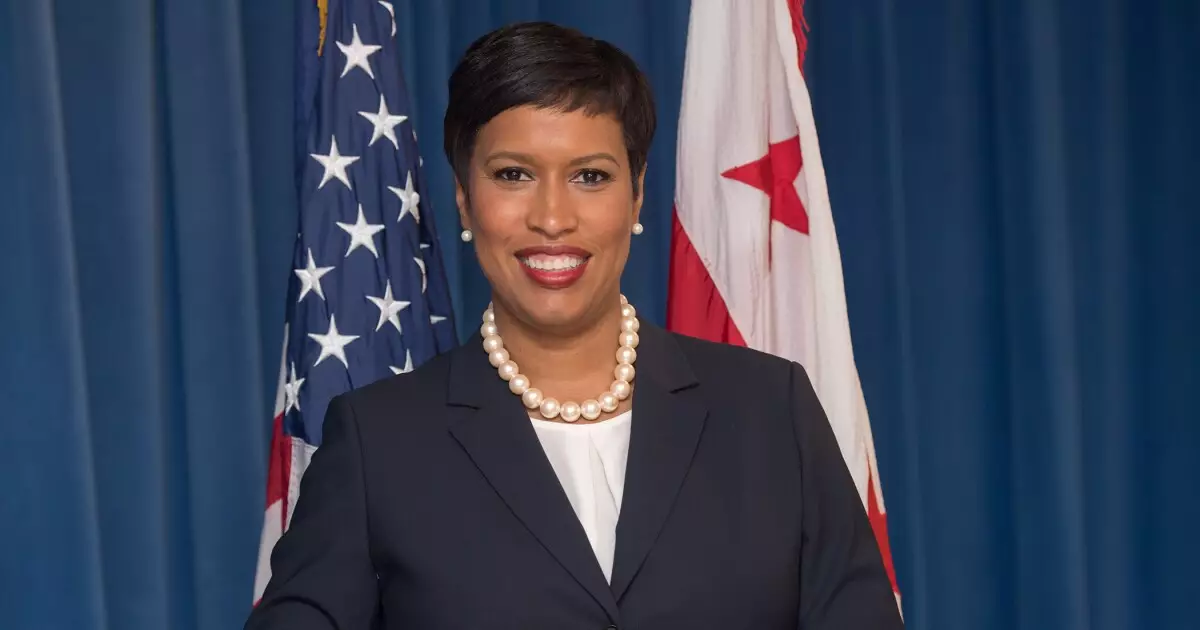The recent approval by the Washington, D.C., City Council for substantial funding aimed at modernizing key sports venues underscores a critical shift in the city’s approach to economic development. With an investment surpassing half a billion dollars for the renovation of Capital One Arena, which serves as the home for the National Basketball Association’s Washington Wizards and the National Hockey League’s Washington Capitals, the city aims not only to renew its sports facilities but also to stimulate local commerce. Mayor Muriel Bowser emphasized that the renovation is expected to attract more visitors and enhance the overall vibrancy of the Chinatown neighborhood. This initiative illustrates a dual focus: improving infrastructure while ensuring that local businesses reap the benefits of this economic boost.
As part of the funding agreement, D.C. aims for a significant portion of the contracts—at least 40%—to be awarded to certified business enterprises, with an aspiration of hitting 50%. This directive represents a proactive stance toward inclusivity and local engagement in the economic benefits of the renovation. By prioritizing local firms, the city sends a strong message about empowering its communities and ensuring that financial gains circulate within the local economy. Moreover, the construction project, projected to last three years, will generate nearly 5,000 jobs, further highlighting the economic impact this endeavor may have on employment within the district.
However, the path toward revitalization has not been without its challenges. The project faced scrutiny over labor requirements, particularly regarding local hiring and adherence to labor union regulations. The Council’s ability to navigate these obstacles is crucial, as the success of the renovation hinges on aligning labor interests with the city’s ambitious development goals. A multifaceted approach to these challenges will be essential to maintain momentum and public support as the project unfolds.
In a strategic move to keep both the Wizards and the Capitals anchored in D.C., the city plans to acquire the arena from Monumental Sports & Entertainment for $87.5 million, leasing it back to the organization while they contribute a significant sum of $285 million for renovations. This arrangement aims to solidify the venue as a central hub for entertainment, while also addressing concerns surrounding the nearby Gallery Place shopping mall, which suffered considerable losses during the pandemic. Revitalizing this area is pivotal for ensuring the overall economic health of the region.
In addition to the arena renovations, the City Council is engaged in plans to secure a dedicated funding stream for Nationals Park, home of Major League Baseball’s Washington Nationals. This financial framework aims to sustain the park after its establishment in 2008, which was financed partly through municipal bonds. Furthermore, discussions around the vacant RFK Stadium site indicate a broader trend of strategic land use and sports infrastructure development. Acquiring control over this historic stadium could potentially entice the Washington Commanders, previously known as the Redskins, to return to their former home base, reinforcing D.C. as a central player in the sports realm.
The movement to secure control over RFK Stadium has garnered momentum, with recent legislative measures progressing through Congress. Should the district gain control, ambitious plans for a mixed-use commercial and residential project could reshape the area, facilitating community interaction and economic growth. This would represent not only a significant civic achievement but also a turning point in how sports venues can serve broader community purposes.
The revitalization initiatives surrounding Washington, D.C.’s sports venues represent a noteworthy intersection of economic stimulus, community empowerment, and urban development. Through strategic investments and a commitment to local enterprise, the city is working toward fostering a more vibrant, inclusive environment that extends beyond sports. If successfully executed, these projects could redefine the cultural and economic landscape of the district, ensuring that the benefits are felt wide-reaching within the community. With ongoing developments and legislative backing, D.C. appears poised for an era of revitalization and community engagement in sports.

